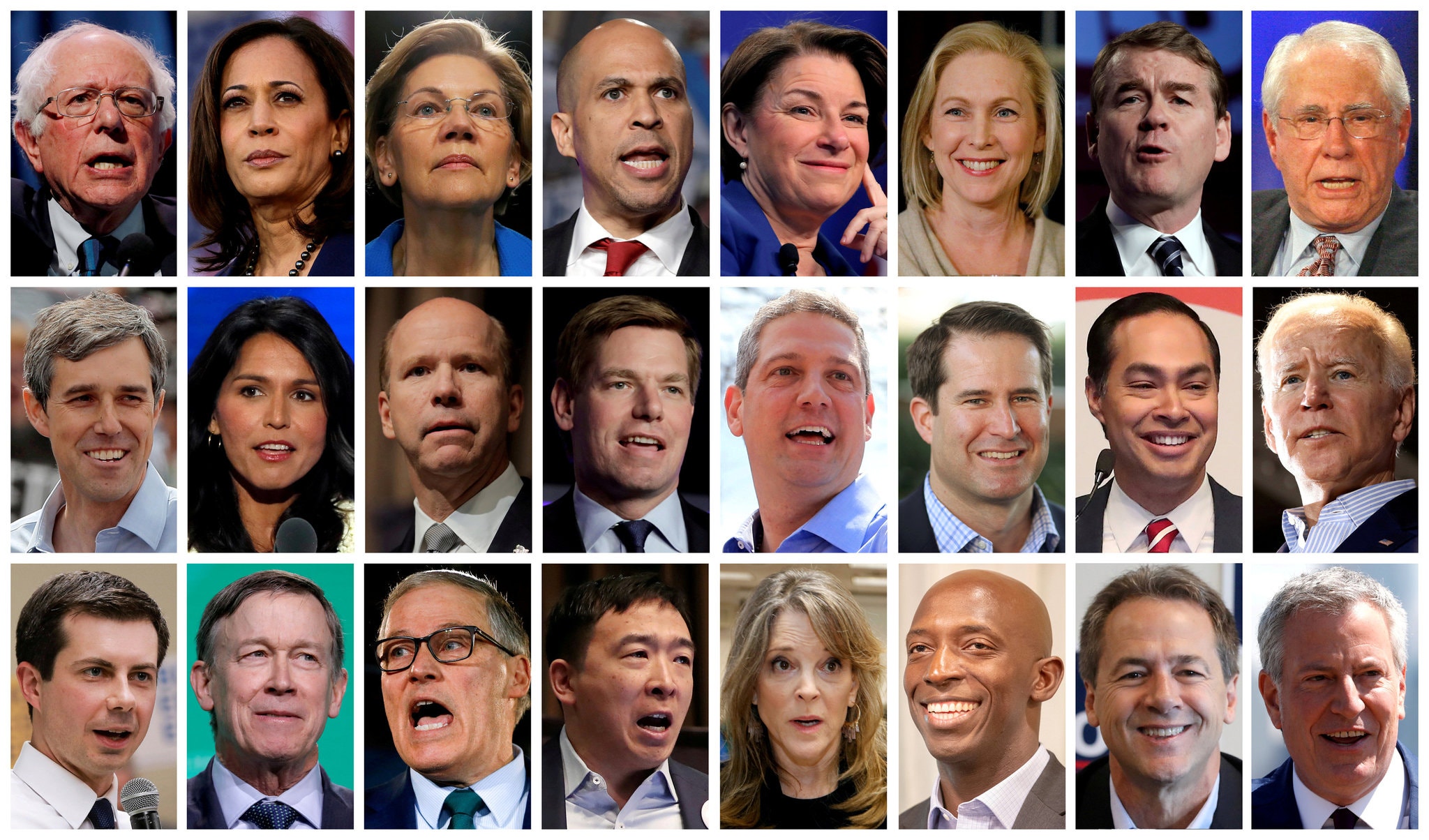As the debate over making Election Day a federal holiday continues to unfold, it’s crucial to consider the implications for both parties involved. While some argue that making Election Day a federal holiday would benefit Democrats more than Republicans, it’s essential to delve deeper into the reasons behind this assertion and explore the broader implications of such a decision.
The idea of making Election Day a federal holiday has been met with both support and opposition. Proponents argue that it would increase voter turnout, particularly among marginalized communities who may face barriers to voting on a regular workday. This increased turnout is seen as a potential boon for Democrats, as these communities tend to lean left politically.
However, opponents of making Election Day a federal holiday argue that it would be an unnecessary and potentially costly measure. They suggest that there are already mechanisms in place, such as early voting and mail-in ballots, that allow individuals to vote at their convenience. Additionally, they raise concerns about the potential impact on businesses and the economy if Election Day were to become a federal holiday.
Despite these arguments, it’s important to consider the broader implications of making Election Day a federal holiday. By enacting such a measure, the government would send a clear message that voting is a priority and that all citizens should have the opportunity to participate in the democratic process. This could have far-reaching effects beyond just the political implications for Democrats and Republicans.
One of the key arguments in favor of making Election Day a federal holiday is that it would help address some of the systemic barriers that prevent certain groups from voting. For example, individuals who work hourly wage jobs and cannot afford to take time off to vote may be more likely to participate if Election Day were a holiday. This would help ensure that the voices of all citizens are heard in the electoral process.
Furthermore, making Election Day a federal holiday could help address the issue of voter suppression, which has long been a concern in American elections. By making it easier for individuals to vote, particularly those in marginalized communities, the government can take a concrete step towards ensuring that all eligible voters have the opportunity to cast their ballots.
In addition to the practical benefits of making Election Day a federal holiday, there are also symbolic implications to consider. By designating Election Day as a federal holiday, the government would be signaling to the public that voting is a fundamental right that should be protected and celebrated. This could help foster a greater sense of civic engagement and participation in the political process.
While it may be true that making Election Day a federal holiday could benefit Democrats in terms of increased voter turnout, this should not be a reason to block such a measure. Ensuring that all citizens have the opportunity to vote is a fundamental aspect of democracy, regardless of which party may benefit from higher turnout.
Ultimately, making Election Day a federal holiday is a decision that has the potential to have a significant impact on the electoral process in the United States. By carefully considering the implications of such a measure and weighing the arguments on both sides, policymakers can make an informed decision that upholds the principles of democracy and ensures that all citizens have the opportunity to participate in the political process.

